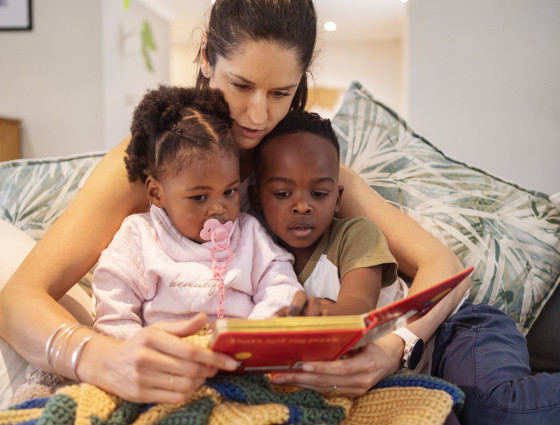

Types of fostering
There are various ways in which foster carers can give support to local children and their families.
In Worcestershire there are various ways in which foster carers can give support to local children and their families, all of which are greatly valued. There is no such thing as a typical fostering situation and the care of a child or children could last anything from a few days to years.
Some children may return to the care of their parents, or another family member. Whilst others may remain in fostering families until they reach independence. If you decide to progress through the approval process in order to become a foster carer, you will have plenty of opportunity to explore which type of fostering would be right for you and your family.
Private fostering
Caring for a child that is not a close relative might be private fostering.
Short term fostering
Short term fostering can be for a period of days, weeks or sometimes months.
Long term fostering
Caring for a child for a longer period of time, often through to adulthood.
Respite fostering
Caring for a child a week or two at a time such as at weekends or through the summer holidays.
Buddy fostering
Buddy foster carers become an extended part of the fostering family, providing regular breaks to foster families.
Parent and child placements
A parent and child would stay with a foster carer to get support looking after their baby.
Specialist foster care
Providing family homes for children currently living in residential children's homes.
Family and friends
Family and friends may be approached to support a child or young person who is needing to be looked after. This is a person who is already connected to the child and differs from mainstream fostering because of this existing connection.
Child Arrangement Order
Information about child arrangement orders
Special Guardianship Order
Information about special guardianship orders.
Kinship fostering
Information about kinship fostering.


 Facebook
Facebook X
X Email
Email WhatsApp
WhatsApp Messenger
Messenger